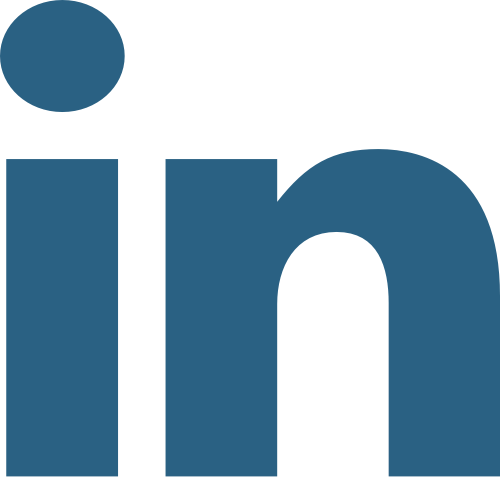
How to Measure Project Success: Beyond Traditional metrics
Angeliki Koumani15 Nov 19
Having spent the last couple of months interviewing project managers about their ways of working has opened a window of the everyday hassles and troubles of project management. In this article, I will explore the complexities surrounding project success factors and explain what should be measured and the risks associated with not tracking progress. Finally, I’ll present the one soft metric that should be defined and measured in every project, but is often dismissed.
Success Criteria: the what & the how
Money & Time
Why is it important: The hardest KPIs of success are undoubtedly the delivery of projects on time and within the originally agreed budget (although having a bit of a leftover budget is a bonus but not as easily achievable in most cases). Derailed projects have devastating effects on both cost and reputation, yet as we all know the majority of projects are delivered with short or long time delays.
How to achieve it: Properly planning and scheduling your project is the key here. Define roles and responsibilities, assign tasks, create a baseline, identify dependencies and milestones, and make sure everyone signs them off.
How to measure it: Track your project health reports & timelines continuously to make sure that you have properly estimated the complexity and the time needed for each task. Adjust your plan immediately if needed and make sure you share & update your timelines with your team members.
Client Satisfaction
Why is it important: It is vital for new business opportunities, reputation and collaboration purposes, that clients are satisfied with the quality of the standards they have originally set for the project deliverables. However, negotiating or even sometimes interpreting client demands and delivering successfully what they need (not just what they want) can be a challenging job even for seasoned project managers. How to achieve it: Organise requirement gathering workshops with your clients as early as possible, collaborate and include them in your timeline plans and make sure you schedule them in important activities to make sure you are on the same page. How to measure it: Set up clear targets and make sure you hold weekly or monthly meetings with them to review the standards of your service or deliverables. Keep a log of all the problems your clients wanted to solve with the end product or service you are building for them and make sure you track how these have been addressed in later monitoring stages after project delivery. Benchmarking data will clearly demonstrate your value to your client.

The one soft skill that really matters: Team learnings & takeaways
Why is it important: This soft metric can be the key to fostering more productive and effective ways of working, especially for newly formed, remote or diverse-expertise teams. Yet, this is also the one that most project managers I talked to failed to document or to measure adequately (even to their astonishment)! Team learnings, failures and lessons learned when working on one project can be useful ammunition for the success of the next one. How to achieve it: You should identify which ways of working have been effective in the past and put them down in your management tool or in a document. You could also map out with your team the best way to work from now on in terms of tools, processes, and desired results. If you are an ambitious leader ask them to set up some individual or team goals. How to measure it: Make sure you dedicate some time to track these goals or capture new findings either during progress meetings or team retros. “Has the team identified a way to do things faster in some areas?” or “What should we change in the future to improve our performances?” are examples of questions you can use in these situations. It is ok to keep those findings “unofficial” and client-free, as people need to feel free to share. Each time you wrap up a project, make sure to document the new findings, therefore each new project will be built upon the knowledge you have gained over time, so they will be as solid and successful as they can be.
Bottom Line
Although you need to be rigorous and establish effective processes to properly measure and track “hard” project KPIs like time and budget, “soft” metrics such as team takeaways and lessons learned need to be properly captured to skyrocket your team and project success.







